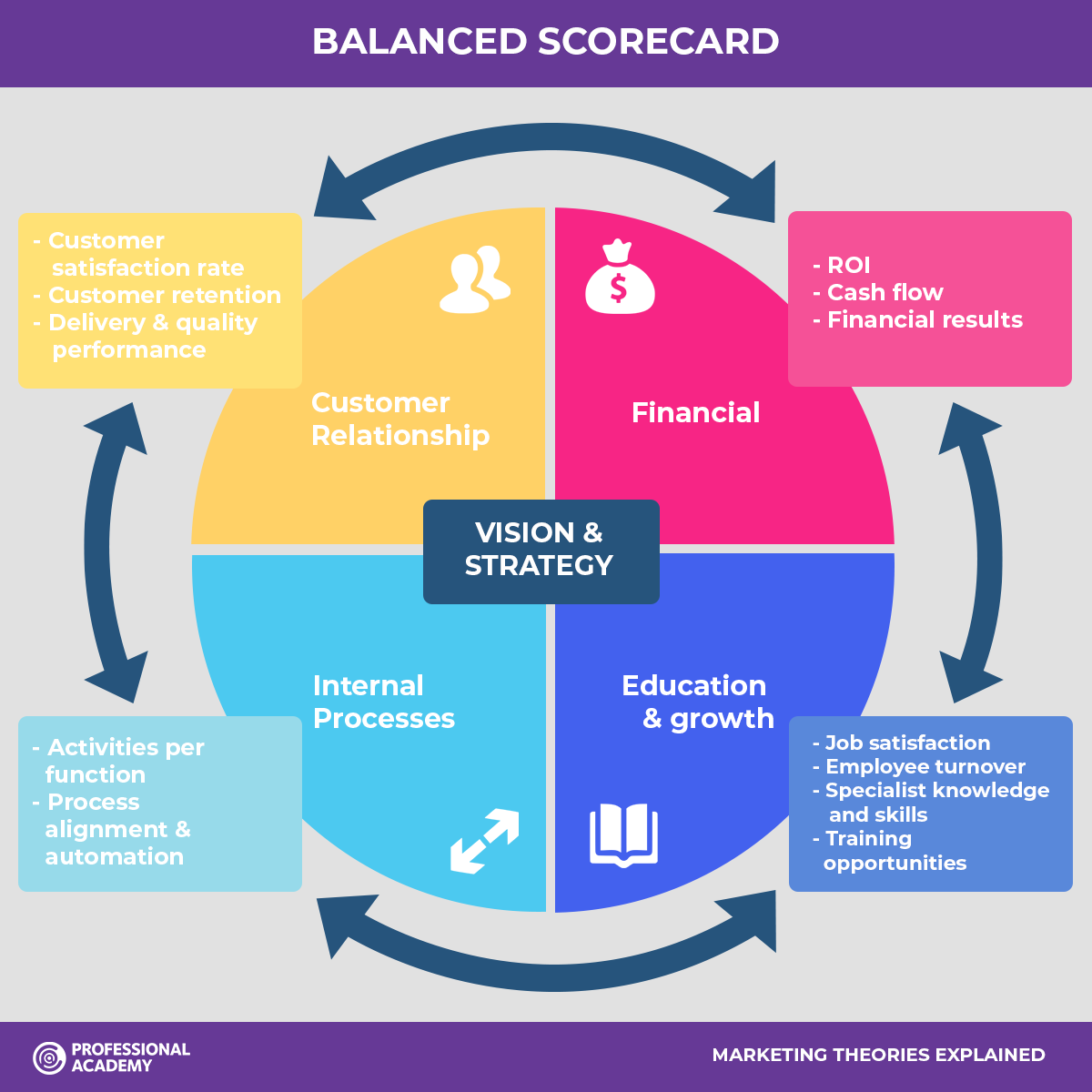
You might find the prospect of modeling intellectual rigor for your team or organization daunting. How do you do it with so many demands on your time? For starters, I heartily recommend you dedicate time each month to learning about your business and engaging in unstructured thinking. It’s hard to think, read, and learn when endless meetings clog up your day. I developed a practice of sitting down with my calendar at the beginning of each fiscal year and asking my assistants… to designate two or three days each month as “X” days, during which they wouldn’t schedule any meetings. I’d spend some of those days alone thinking about our businesses. On other X days I’d make impromptu trips to learn about our businesses or pay a surprise visit to a facility. I’d also designate twelve additional days as “growth days,” holding intensive sessions with leadership teams to help them think through various growth or operations initiatives. My staff had to hold these growth days on their calendars as well so that we didn’t have to reconcile our calendars in the event we wanted to schedule a meeting (team members got these days back to use as they pleased if we wound up not holding a meeting that included them). Sometimes I had to schedule meetings on an X day, but anticipating that this would happen, I set aside more of these days at the beginning of the year than needed.
David M. Cote
Winning Now, Winning Later: How Companies Can Succeed in the Short Term While Investing for the Long Term. HarperCollins Leadership. 2020. p. 20





